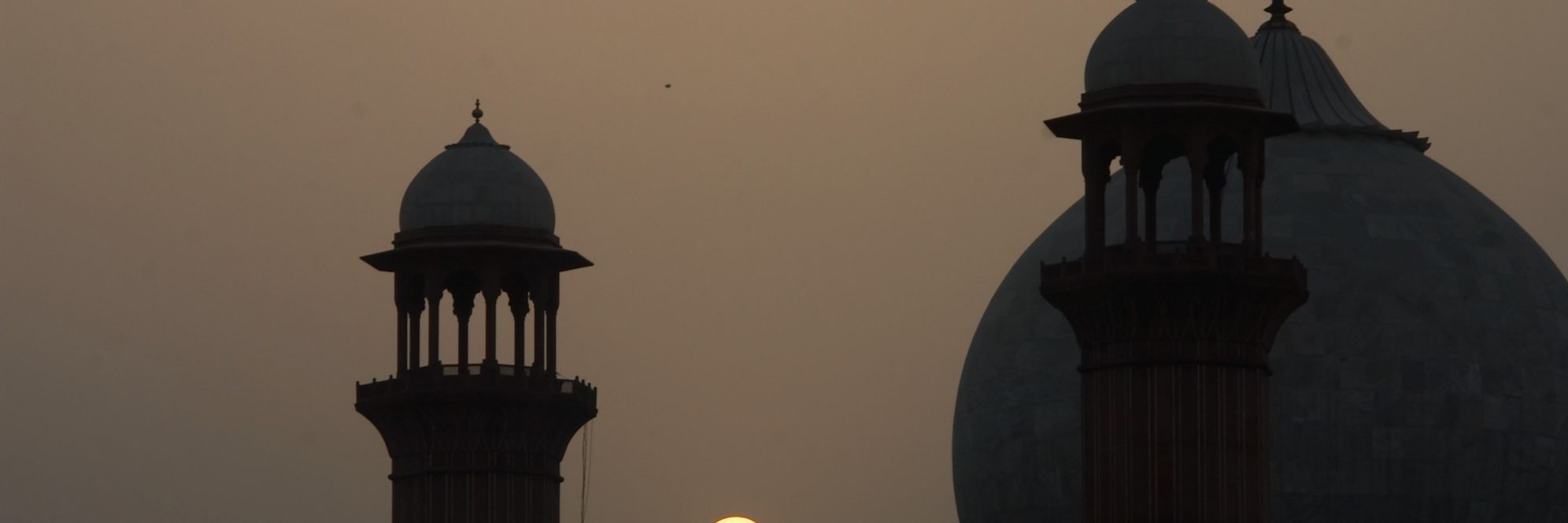Residents of Lahore, Pakistan, were warned to stay indoors after a wave of smog caused tens of thousands of people to fall ill. Image: Tore Urnes, via Flickr
Residents of Lahore, Pakistan, were warned to stay indoors after a wave of smog caused tens of thousands of people to fall ill.
On Thursday, authorities closed schools, markets and parks, while health officials warned people to stay indoors or to wear a mask if going out was unavoidable.
“Educational institutions, government and private offices, cinemas, parks and restaurants would remain closed during environmental and health emergencies while markets would remain shut on Saturday,” the notification stated.
A doctor at Lahore’s main hospital, Salman Kazmi, said that the smog could cause breathing difficulties or infections.
“Wearing of marks and staying at home are the two easiest solutions to avoid getting rushed to hospitals with respiratory-related diseases, infections in eyes and skin diseases,” said Kazmi.
Lahore was once known as the city of gardens, named for its lush gardens which flourished through the Mughal era from the 16th to 19th centuries.
However, Lahore’s rapid urbanisation and surging population of 242 million people has led to a loss of green spaces, increased pollution and caused the air quality to sharply decline.
A report by IQAir, a manufacturer of air purifiers, ranked Lahore as the most polluted city in the world, and named Pakistan the third most polluted country overall.
Some traders and business owners expressed their dissatisfaction with the forced lockdown, saying that restaurants, which played no role in escalating the smog conditions, would incur huge financial losses if they were forced to close.
Some outright rejected the lockdown order and would continue to trade despite hazardous conditions.
Many felt that the order was unfair, as bans were not issued around factories, traffic and other industries which are large contributors to the decline in air quality.
Experts have pointed to the burning of crop residue at the beginning of the winter wheat-growing season as a key factor in the current smog conditions.





